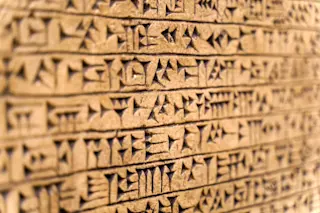Large language models like ChatGPT are revolutionizing the way people write. But that creates a problem for scientists. These models are trained on human knowledge that already exists, whereas science is generally concerned with new findings that extend this body of knowledge.
So scientific papers can contain information that an LLM will never have seen. That means asking one of these machines to write a scientific paper raises important questions about whether it can write accurate statements on a topic on which it has no training.
That's probably why various analyses show that scientists have been using LLMs to edit their papers but not to write them. Now that looks set to change with the unveiling of an "AI Scientist" that performs the entire scientific process, including the write up. Chris Lu, Robert Lange and David Ha at Sakana AI and colleagues have created a machine that develops and tests ...














